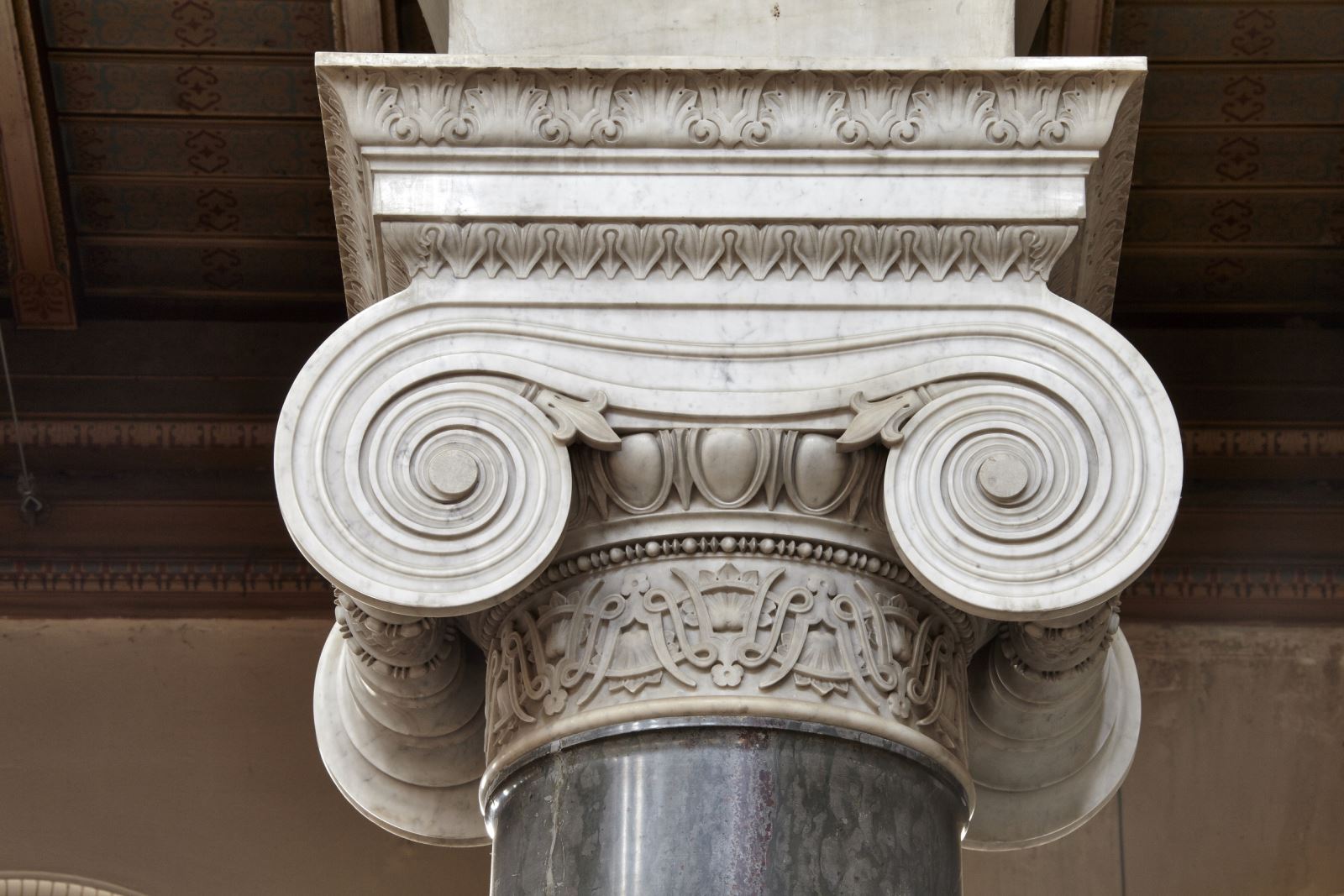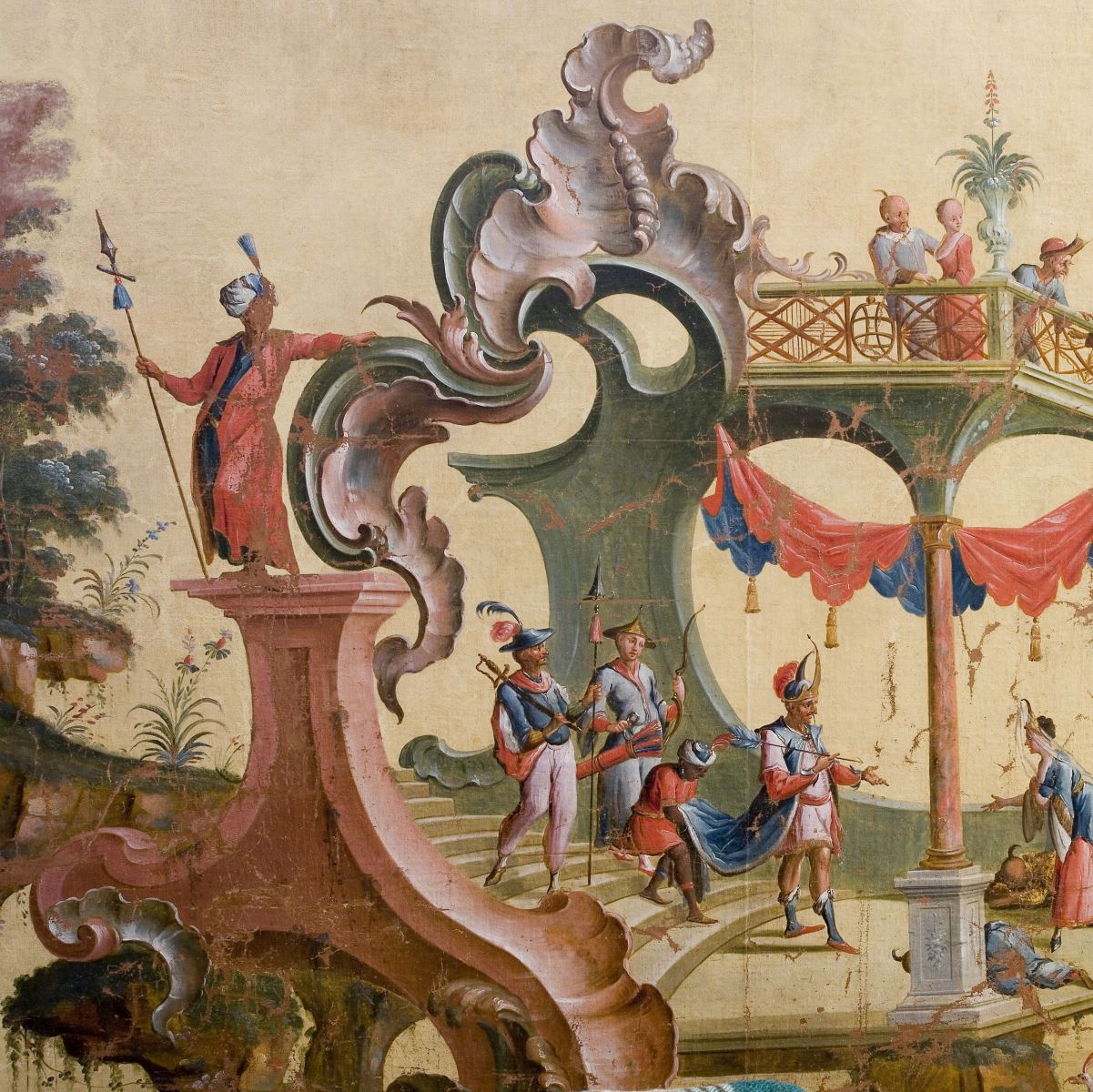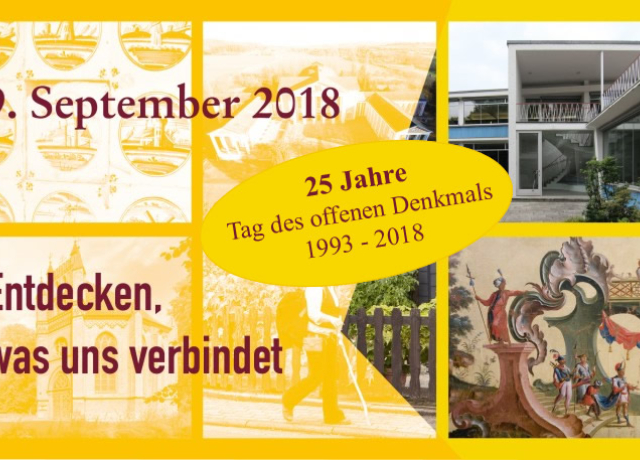Germany Explores European Connections in 2018
Germany Explores European Connections in 2018
With dozens of engaging events scheduled to take place across the country, the celebrations of European Year of Cultural Heritage in Germany are bringing new exploratory opportunities for history and culture lovers.
From experiencing everyday life of the former Huguenots communities in Hesse and exploring European sheet music in Leipzig to visiting various exhibitions, historic homes, parks, villas, and many other historic places, citizens will have a chance to enjoy a number of thematic events.
The highlight of the celebrations will be reached on 9th September, when the country will mark European Heritage Days.
In the spirit of the Heritage Sharing theme, this year’s Tag Des Offenen Denkmals (Open Monuments Day) will explore European cultural cross-connections. The events will showcase the histories of common objects, customs, and traditions that originate from or are shared with other European nations. Such a perspective on Germany’s heritage will greatly expand the celebrations of not only European Heritage Days, but also European Year of Cultural Heritage 2018.
Europe in Germany

Photo Credits: © Roland Rossner, German Foundation for Monument Protection
Themed Discover What Connects Us, this year’s European Heritage Days theme in Germany is dedicated to discovering different cross-border cultural connections between European citizens. The events will be held country-wide at various cultural and historic institutions. They will present histories of different places, communities, and heritage objects, particularly emphasising the influences of other cultures and regions.
The visitors will be able to learn about the origin of various exotic materials that Germany imported from other countries and made part of its heritage. It will observe how Germany’s artists, architects, craftsmen, and communities created new heritage objects and works of art thanks to materials from other European countries.
Some of the examples include marble from Italy, colour pigments from the Orient, tapestries from Flanders, and tiles from Greece. Once exotic, such materials are now integrated in Germany’s various monuments, works of art, and architectural masterpieces, becoming invaluable part of its heritage.
Today, these objects and influences also represent shared European values that citizens have cherished for centuries.

Photo Credits: © Roland Rossner, German Foundation for Monument Protection
By learning more about such influences, European Heritage Days visitors will better understand their heritage and European identity. They will be able to revive history and learn more about the roots and customs all Europeans share.
The rich cultural programmes for European Heritage Days and European Year of Cultural Heritage 2018 in Germany will help highlight the inspiring ideas between the two initiatives. The events will be an incredible opportunity for visitors to not only explore shared European heritage, but also learn something new about themselves.
For detailed programme of European Year of Cultural Heritage visit sharingheritage.de.
For European Heritage Days Events listing visit: www.tag-des-offenen-denkmals.de.
